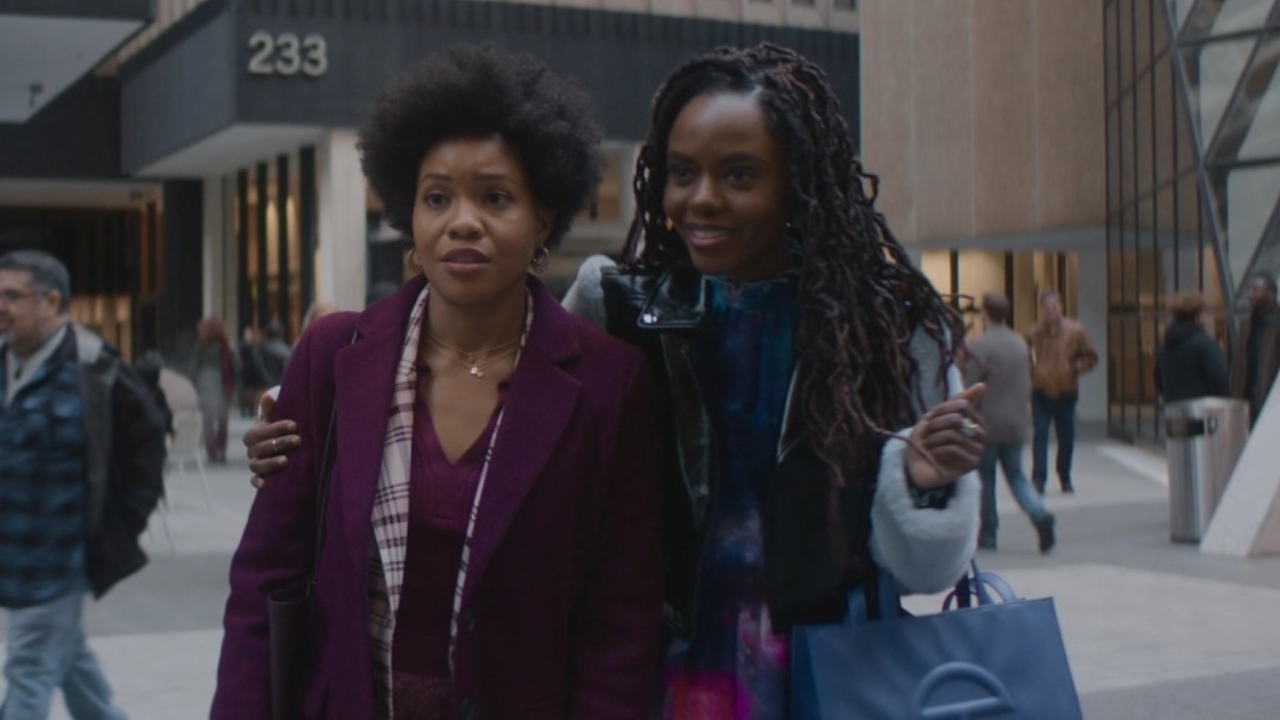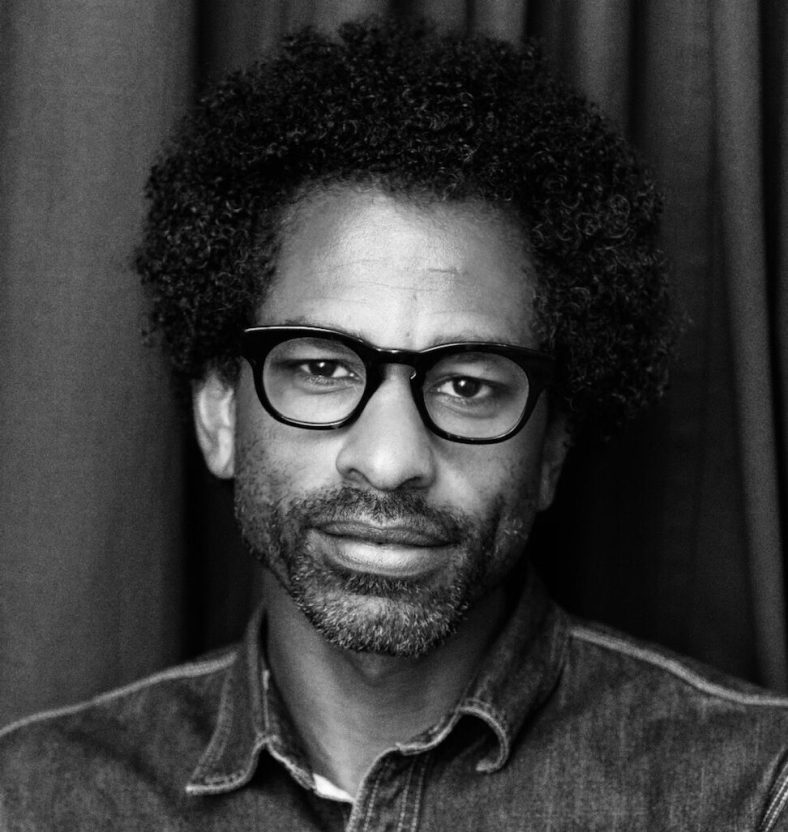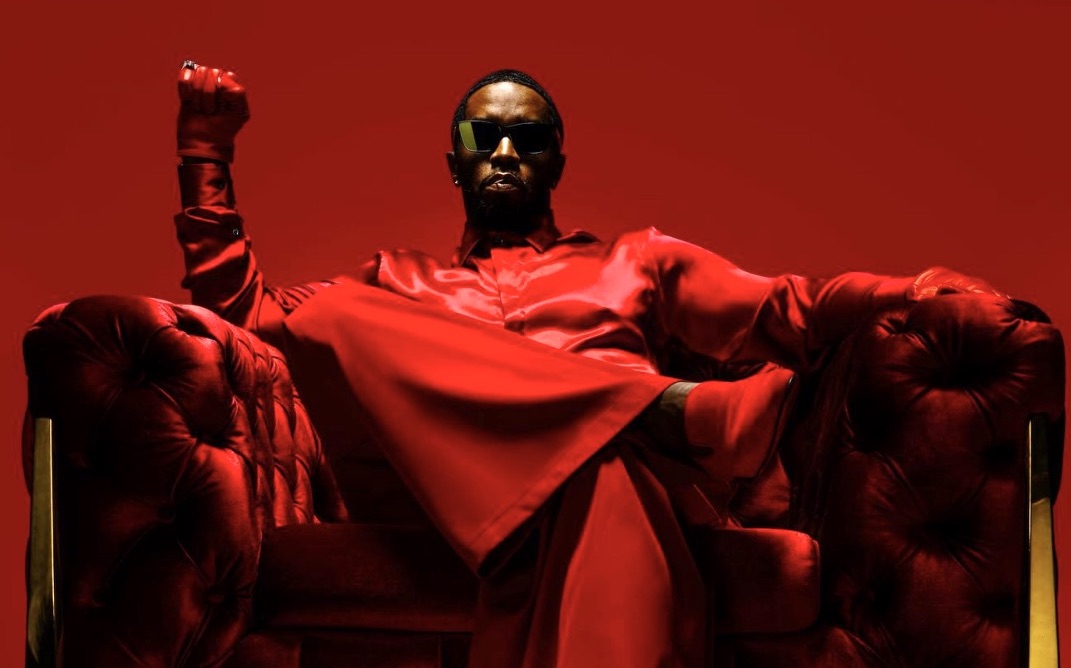‘The Other Black Girl’ has me in my feelings about white-dominated workplaces
OPINION: Hulu's hot new series dives deep into the challenges of navigating Blackness at work. The post ‘The Other Black Girl’ has me in my feelings about white-dominated workplaces appeared first on TheGrio.

OPINION: Hulu’s hot new series dives deep into the challenges of navigating Blackness at work.
Editor’s note: The following article is an op-ed, and the views expressed are the author’s own. Read more opinions on theGrio.
“The Other Black Girl” on Hulu takes us deep into some racial workplace dynamics that I was not ready to be taken into. The show was reading me and giving me all the feelings. Let’s get into it.
Black people who work in jobs that require them to be part of a workplace culture that’s dominated by white people will understand that sometimes we’re forced to make a choice between the needs of the job and the demands of the community. It can be hard to be Black on the job because sometimes it means you have to stand up for certain ideas, but what do you do when doing that means risking your job or compromising your ability to get promoted? The answers might be easy in the abstract, but think about it like this: You’ve invested years into growing in your field, and you’ve reached a certain level in your career and there are people relying on you making good money. Then someone at work somehow asks you to do something that could be seen as betraying the race a little, perpetuating the problem a little or just putting your own needs ahead of the needs of the community. But not doing that thing could mean real consequences for you. It’s not a simple quandary.
“The Other Black Girl” is a new drama that’s based on a popular novel of the same name by Zakiya Dalila Harris. It’s about Nella, a young Black woman trying to make it in the lily-white publishing industry. She’s working at a company with a sketchy reputation around race and very few Black employees. When the publishing house’s top author writes a book that she sees as, uh, problematic, she’s torn. Especially because her white boss tells her that she’s got to say something positive to this author. Now Nella is torn — do I speak my truth and risk damaging my future at this company? Do I say nothing and play nice and continue to move up? If you’ve ever worked in an overwhelmingly white workspace, you’ve probably seen that crossroads. You know that if you don’t say anything — if you don’t speak up as a Black person — then you’ll probably feel guilty and remorseful later on. You’ll have let down the community, you’ll have silenced an important part of yourself and you’ll feel bad. But if you’re seen as someone who repeatedly complains about the racial dynamics of the work or the office then you may get fired. You have to pick your battles carefully.
But sometimes you can’t help but fight back. Once, I was working on a team where I was the only Black person. I was providing a voiceover for a show that would air a string of professional tennis highlights in a montage of the best points of the year. But one of the pieces showed Serena Williams being called for a foot fault at the U.S. Open and then losing her composure. She screamed at the line judge and the umpire and ended up losing the point altogether on code violations. So no point was actually played. No tennis happened. I saw this as inadvertently perpetuating the stereotype of the angry Black woman. Nowhere in this whole show did we celebrate Williams’ tennis; we just shoveled in Williams being furious. I don’t think the producers were trying to be racist, but I couldn’t stand them stepping over the many, many instances of male players losing their minds on the court to single out this one moment with Williams. I debated internally over whether I should protest. I felt like I had to. The team did not see my side, and we went back and forth over the clip for quite a while. Finally, I dug in and said it was either me or the clip. If they weren’t going to remove it, I wasn’t going to host the show. It was a risky move — I wanted the gig, and I feared that giving them an ultimatum could be dangerous. But they acquiesced and replaced the Williams clip.
But that sort of in-house fighting is not something you can do every day. A lot of employers don’t want to hear it, and if you want to continue working there you may have to modulate your complaints. “The Other Black Girl” reminded me of all these moments of racial politics that I’ve dealt with over the years working in overwhelmingly white spaces. The system will make you give up a part of yourself to survive. We must balance how much our spirit can take versus how much advancement means to us. Because being the only one, or one of the very few in the office, is hard. When Nella was given a note saying she should leave the company, I almost felt a twinge of nostalgia. I’ve felt like that.
“The Other Black Girl” is a powerful, frightening and gripping story about being Black and an extreme minority in an office full of white people. It took me back to all the white workplaces I’ve had and made me rummage through all kinds of memories that made me uncomfortable, but I could not stop watching.

Touré is a host and Creative Director at theGrio. He is the host of the docuseries podcast “Being Black: The ’80s” and the animated show Star Stories with Toure which you can find at TheGrio.com/starstories. He is also the host of the podcast “Toure Show” and the podcast docuseries “Who Was Prince?” He is the author of eight books including the Prince biography Nothing Compares 2 U and the ebook The Ivy League Counterfeiter.
TheGrio is FREE on your TV via Apple TV, Amazon Fire, Roku, and Android TV. Please download theGrio mobile apps today!
The post ‘The Other Black Girl’ has me in my feelings about white-dominated workplaces appeared first on TheGrio.












